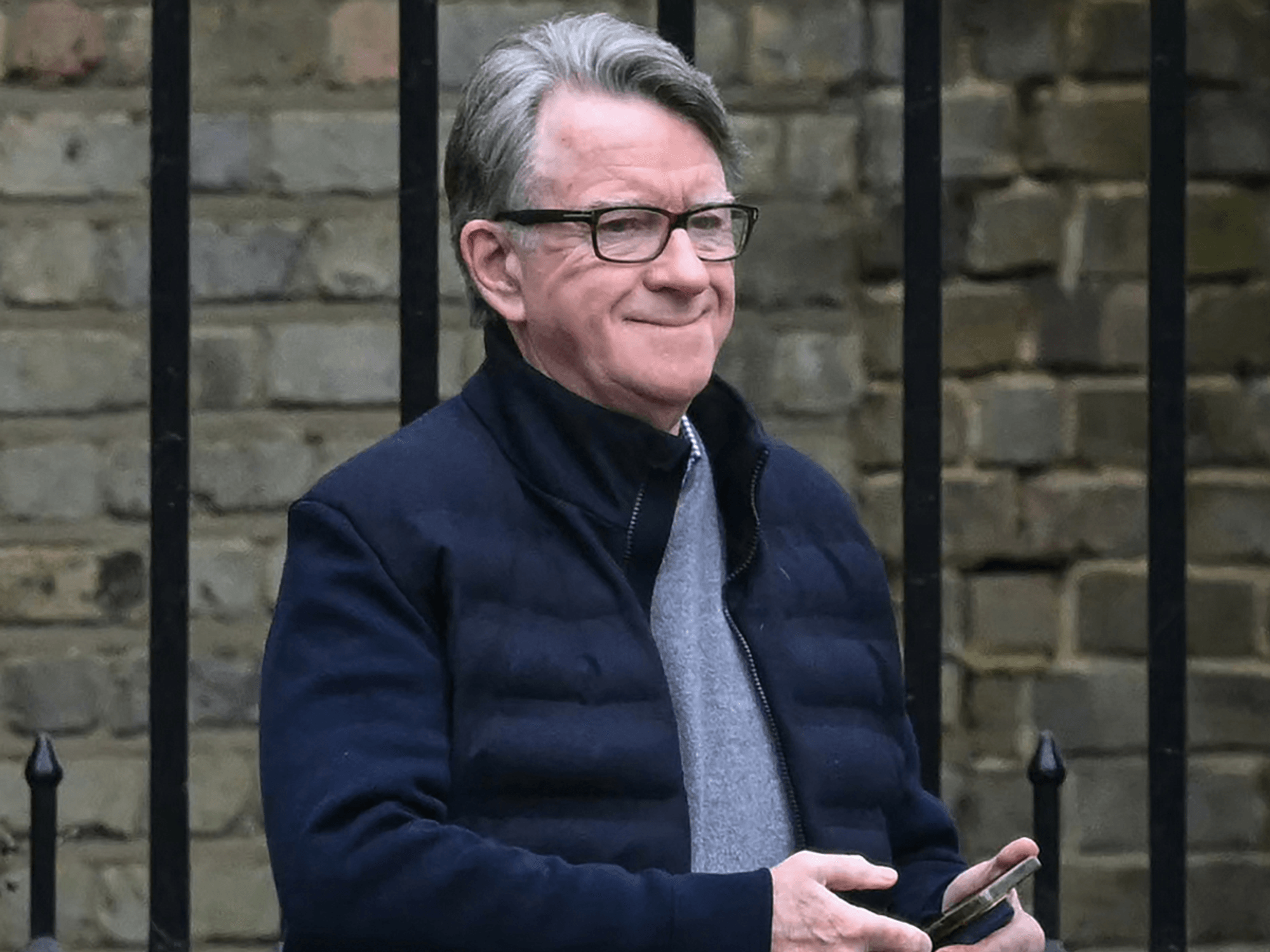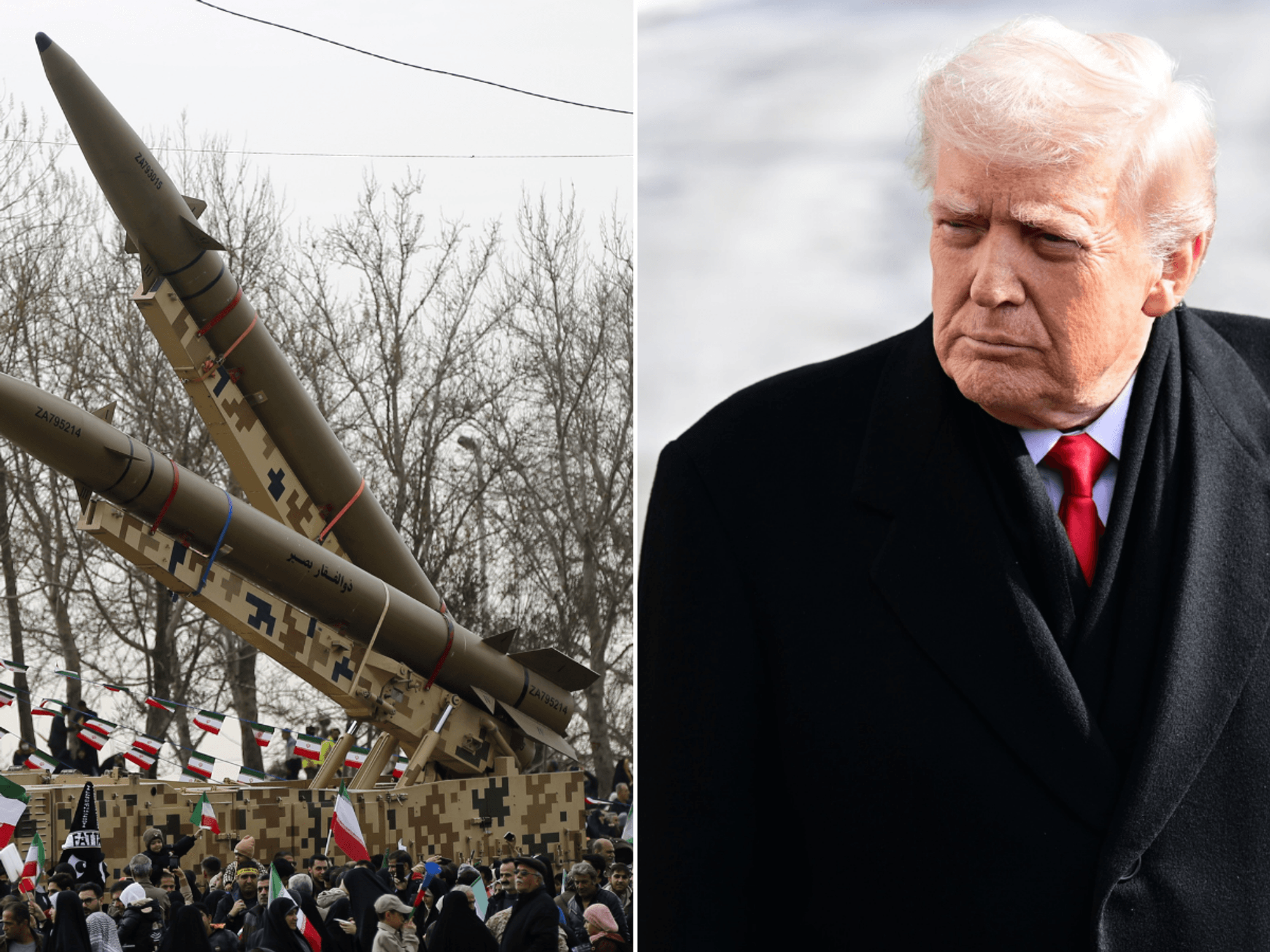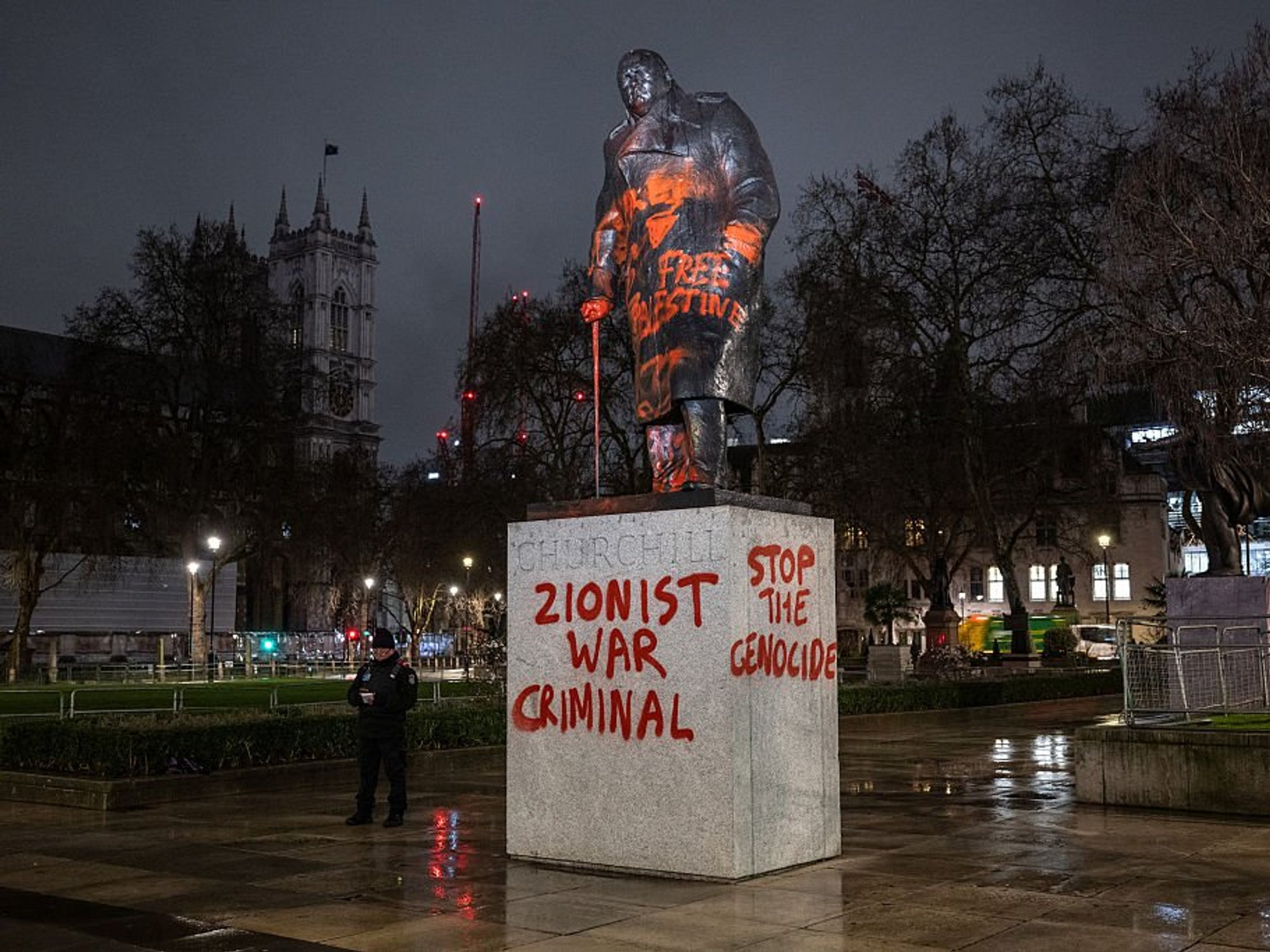Eurovision 2025 winner calls for Israel to be BANNED from next year's contest as he makes stance clear on controversy

WATCH HERE: GB News's Alex Davies discusses the 2025 Eurovision Song Contest finale
|GB NEWS

Austria's JJ pipped Israel's Yuval Raphael to the Eurovision crown earlier this month
Don't Miss
Most Read
Eurovision winner JJ has called for Israel to be excluded from next year's contest in Vienna, adding his voice to growing criticism of the country's participation amid the ongoing Gaza conflict.
The Austrian singer, whose real name is Johannes Pietsch, expressed disappointment that Israel was allowed to compete in this year's competition, where their entry finished second.
"It is very disappointing to see that Israel is still participating in the contest. I would like next year's Eurovision to be held in Vienna and without Israel," the 24-year-old said in a new interview.
JJ added that while artists can voice their opinions, the final decision rests with the European Broadcasting Union (EBU), which organises the contest.
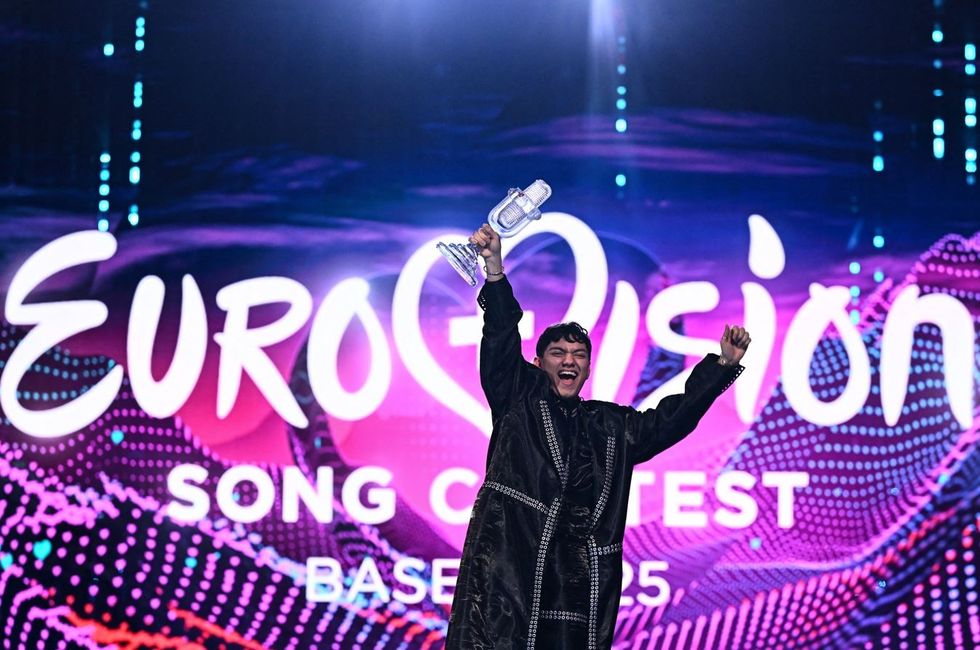
Eurovision winner JJ has called for Israel's removal from the song contest
|GETTY
"But the ball is in EBU's court. We, the artists, can only raise our voices on the matter," he told Spanish publication El País.
The singer, who won Eurovision with his song Wasted Love, later clarified his comments through his record label Warner, saying: "I am sorry if my words were misunderstood.
"Although I criticise the Israeli government, I condemn any form of violence against civilians anywhere in the world - whether against Israelis or Palestinians."
Israel's participation in Eurovision has been a contentious issue due to the war in Gaza, where Palestinian health authorities report over 53,000 deaths since October 2023.
LATEST DEVELOPMENTS:
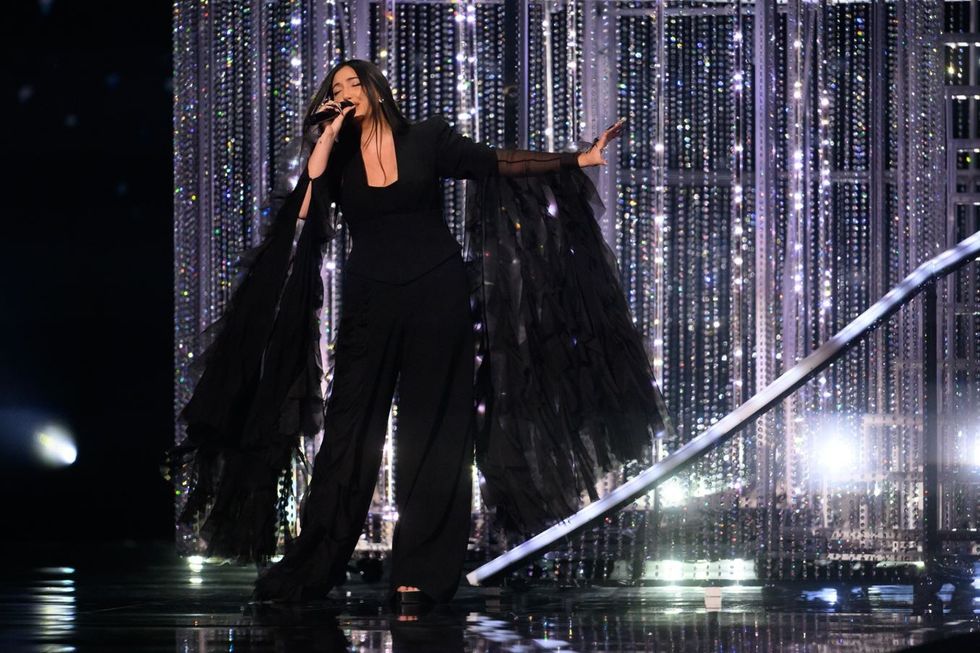
Yuval Raphael finished as runner-up in the 2025 Eurovision Song Contest
|GETTY
Pro-Palestinian groups had urged the EBU to exclude Israel from this year's contest, similar to Russia's ban following its invasion of Ukraine in 2022.
Despite the controversy, Israel's Yuval Raphael, herself a survivor of the October 7 Hamas attack, finished second with her song New Day Will Rise after winning the public televote.
During the final, anti-Israel demonstrators attempted to disrupt Raphael's performance, with two people trying to climb onto the stage. One threw paint, hitting a crew member.
Meanwhile, BBC commentator Graham Norton caused controversy with his comments about Israel and Raphael when covering the event.
JJ's comments come amid growing scrutiny of Eurovision's voting system, with several broadcasters formally questioning this year's results.
Television companies from Belgium, Spain, Ireland, the Netherlands, Iceland, and Finland have demanded an investigation into potential voting irregularities.
The controversy centres on Israel receiving a maximum of 12 points from public televoting in countries including Belgium, Spain, and Sweden, while receiving zero points from those same countries' professional juries.
Spain's public broadcaster RTVE, which aired a pro-Palestine statement during its broadcast, has requested an audit of the voting system, saying it wants to ensure there was no external influence by participating countries.
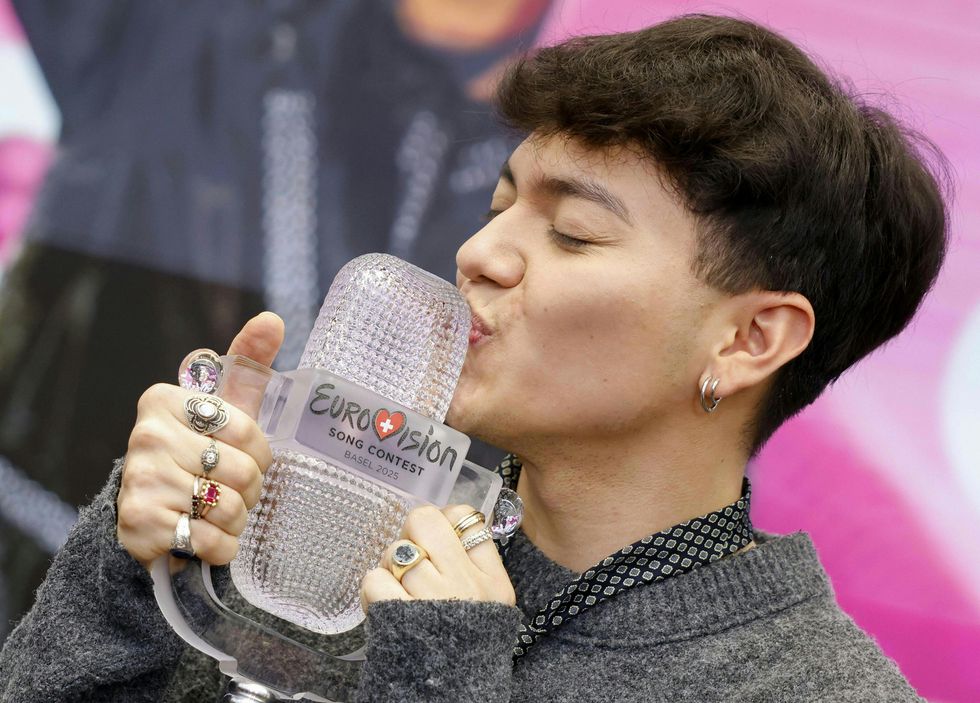
Austria's JJ saw off Yuval Raphael at the last minute during the 2025 final
|GETTY
Belgium's VRT was the first broadcaster to demand an investigation into potential voting manipulation.
JJ himself has called for greater transparency in Eurovision's voting system, describing this year's results as "very strange".
"There should be greater transparency around the telephone votes. This year, everything was very strange," he told El País.
His remarks echo those of last year's winner, Nemo of Switzerland, who previously stated that Eurovision needs to make changes "in terms of the voting system and who participates in the festival".
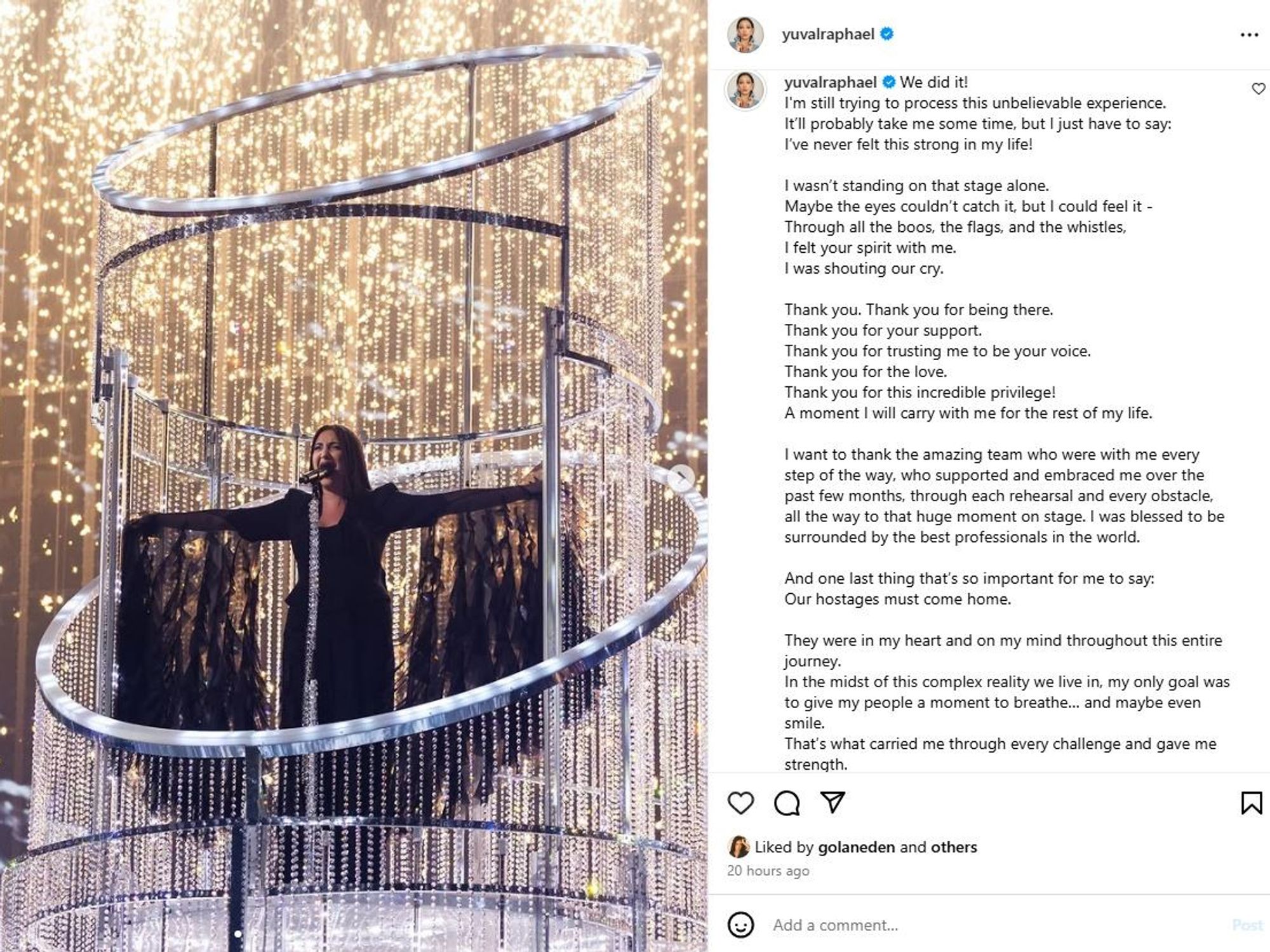
Yuval Raphael broke her silence on her Eurovision journey on Wednesday
|The Austrian singer's comments align with Spanish Prime Minister Pedro Sanchez, who earlier this week called for Israel's exclusion from cultural events like Eurovision, citing the precedent set by Russia's ban following its invasion of Ukraine.
The EBU has responded to the controversy by promising a "broad discussion with participating broadcasters" to review all aspects of this year's event as part of planning for next year's 70th Eurovision Song Contest.
However, the organisation has defended its voting procedures, emphasising that the Eurovision voting system "is the most advanced in the world" with checks in place to ensure no suspicious or irregular voting patterns arise.
The EBU also stressed its role as an association of public broadcasters rather than governments, stating: "It is not our task to draw comparisons between conflicts" while maintaining that the contest should remain "a universal event that promotes connection and diversity through music."





